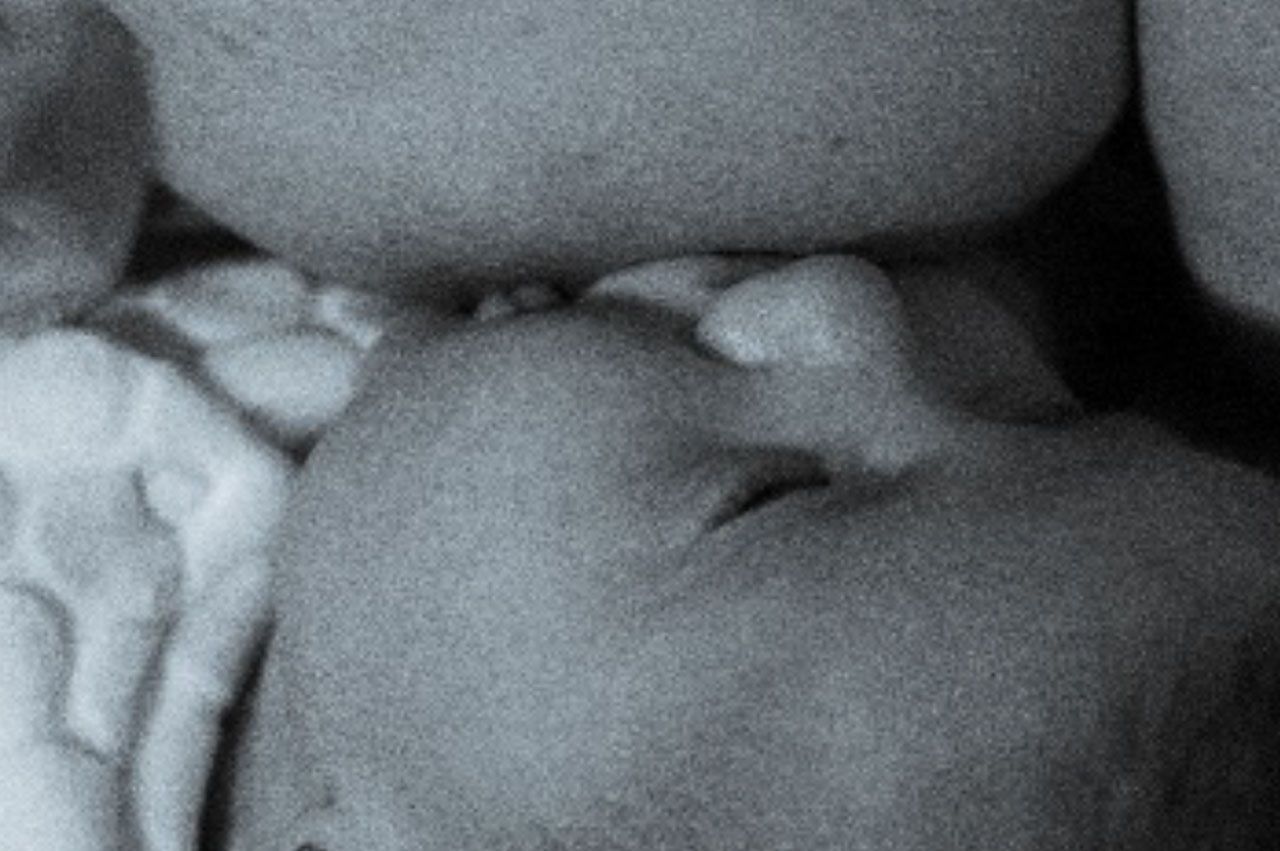
Evidence of non-transmissibility of COVID-19 via breastmilk
An important question during the pandemic has been whether mother-to-infant SARS-CoV-2 transmission can occur during breastfeeding and, if so, whether the benefits of breastfeeding outweigh the risk.
This study from the USA collected milk samples from 18 women with a diagnosis of COVID-19. No SARS-Cov-2 RNA was detected in any sample and 76% of the milk samples contained SARS-CoV-2-specific antibodies (IgA = 76%; IgG = 80%). In addition, 62% of the milk samples were able to neutralize SARS-CoV-2 infectivity during laboratory testing, whereas milk samples collected prior to the COVID-19 pandemic were unable to do so.
Taken together, the data from this study do not support mother-to-infant transmission of SARS-CoV-2 via breast milk and importantly, milk produced by infected mothers provides specific immunologic benefits to infants. This study also addressed whether COVID-19 might be transmitted to babies via the mother’s breast skin. Although evidence of viral RNA was detected on 8 out of 70 breast skin swabs, only one was a conclusive positive result. The authors recommend that more studies are now needed to examine potential transmission of COVID-19 via breast skin.
Read more: Pace, R.M. et al. (2021) Characterization of SARS-CoV-2 RNA, antibodies, and neutralizing capacity in milk produced by women with COVID-19. American Society for Microbiology. DOI: 10.1128/mBio.03192-20
PHOTO BY VICTOR CANDIANA FROM PEXELS
- Created on .
